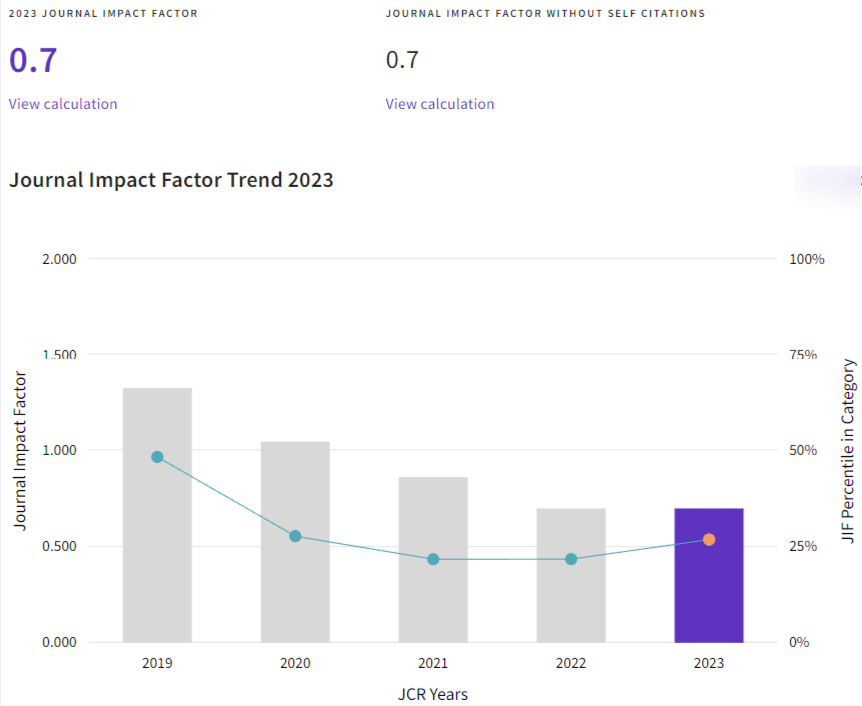Epidemiological study of classical swine fever in farms of the central mexican highland
Keywords:
Pigs, Classical swine fever, EpidemiologyAbstract
In Mexico vaccination and biosecurity measures have been promoted among hog farmers to reduce the risk of classical swine fever virus (CSF) infection of herds. A study was done of the association between risk factors that may have lead to a CSF outbreak in a hog farming zone in the Mexican highland. Of a total of 37 studied herds, 14 were found to have CSF cases and 23, had none. Only a proximity of less than 2 km between a herd and the index case was determined to be statistically significant (Odds ratio = 28.5, Confidence level 95 %, 3.61 to 301.85). No statistically significant association was found between CSF infection and biosecurity measures, number of animals in the herd, exploitation type, origin of replacement animals and feed, medical assistance, vaccination and age and education level (years) of the farm owner and manager. A serological survey showed that seropositive animals were found in some non-vaccinated herds without reported CSF cases, suggesting that the field virus was present in the herds. Vaccine efficacy was 39 % when applied to animals at four farms and tested with a challenge test. It is concluded that the classical swine fever virus spread from the index case to neighboring herds within a 2 km radius and neither biosecurity measures nor vaccination protected the herds.Downloads
Downloads
Published
How to Cite
-
Abstract510
-
PDF (Español)2111
Issue
Section
License

This work is licensed under a Creative Commons Attribution-NonCommercial-ShareAlike 4.0 International License.





